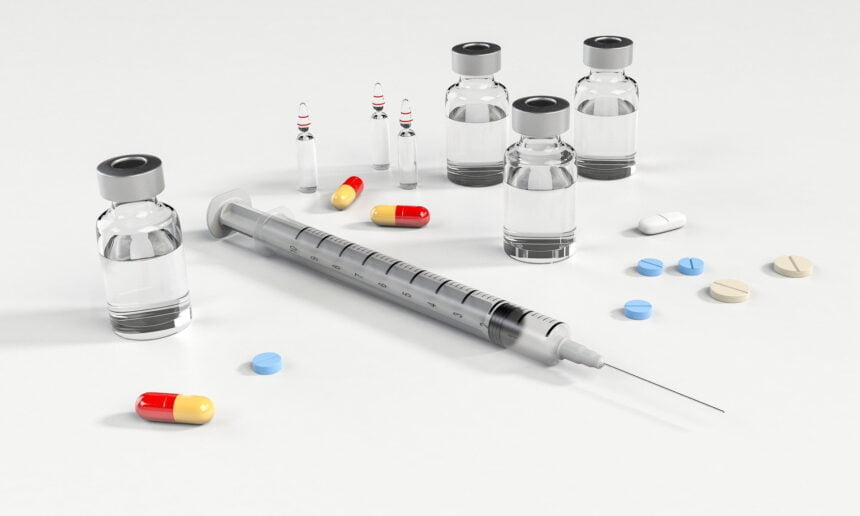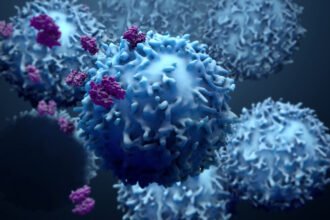At the moment, psychotherapy and medication-assisted therapy are the most used mainstream interventions for substance use disorders and behavioral addictions. Outside of a few outliers, recovery from these mental health issues requires the consistent proper application of therapy. This is where many people struggle.
Due to a multitude of personal, economic, and social factors, many recovering individuals find it extremely difficult to maintain the recovery gains they made in therapy and rehab. Even if they could afford therapy and treatment out of pocket, these individuals are still vulnerable to relapse at all points of the care continuum.
Thankfully, better technology and understanding of neuroscience have combined to potentially improve outcomes and make recovery a little less burdensome. Below are some ways it is already being done. If you’re in New England, check out these resources for drug rehabs in Boston.
1.) Biometric Identity Protection
The American Opioid Crisis has been a major driver of identity fraud in the healthcare system, as people with opioid use disorders and drug suppliers turn to identity theft as a way to illicitly obtain prescription medications.
This type of fraud has already negatively affected patients who need critical opioid replacement medications as well as others with a legitimate need for painkillers. Biometric identification solutions may soon make such fraud extremely difficult to commit, which will protect countless individuals with opioid use disorders and help them achieve better outcomes.
2.) “Fingerprint” Drug Testing
Drug testing, while essential for monitoring recovery progress, can still be quite burdensome for many people. Anything that could be done to make this process simpler will help improve patient compliance, and thus, recovery rates over time.
Scientists in the UK have developed a new type of drug test that uses fingerprints that may do exactly that. More accurately, the test uses trace amounts of a person’s fingertip sweat to tell if they had recently consumed any of a wide range of drugs, including cannabis, cocaine, and opioids.
The test can also distinguish between a person simply handling trace amounts of drugs, which may happen when handling money or touching publicly accessible surfaces, or the direct consumption of substances.
Aside from its potential for forensics, these tests may be a quick, hygienic, and truly non-invasive way of monitoring patient progress that offers more dignity than current urine and swab tests.
3.) Real-time Vital Signs Monitoring
Stress can influence how easily a person falls prey to negative behaviors like overeating or drug and alcohol use. Thus, identifying the presence of stress and learning how to actively control it is a major component of most drug and alcohol recovery programs. Unfortunately, stress is not always immediately obvious to the person experiencing it. By the time some people notice or acknowledge it, it may already be too late.
Existing and future technology may provide part of the answer. Some recovering individuals are already using wearable devices like Fitbits or Apple Watches to monitor their stress levels. These devices can allow individuals recovering from substance misuse to take a more active role in reducing their stress levels before they become difficult to cope with.
4.) Discreet Counseling Through Teleconsultation
Roughly half of Americans believe that there is a stigma against mental illness in general, and this is likely to be more true where alcohol and drug use disorders are involved. Before COVID-19 forced a shift to teleconsultation, face-to-face counseling was often the only option available to many recovering individuals, who may have struggled to explain the purpose of these to close friends and family.
Now it’s clear that, while not ideal for many cases, teleconsultation is a boon for those whom the social stigma of drug use and mental illness was most relevant. While face-to-face meetups with counselors and recovery groups will always have their place, teleconsultations will likewise be a more feasible option for many individuals recovering from substance use disorder.
5.) A.I. “Therapists”
While probably not an acceptable one-for-one replacement for a human therapist that you have developed a good working relationship with, advanced artificial intelligence can plug holes in addiction aftercare that a human couldn’t necessarily be in.
AI and specialized applications can constantly give recovering individuals the resources they need whenever human therapists or a support groups couldn’t be present.
For instance, apps can alert recovering individuals when they need to perform critical self-care routines. They can also warn them if they are especially close to a bar or liquor store that has been geotagged. This helps improve trigger avoidance and prevent otherwise avoidable relapses, helping one better maximize their recovery gains.
6.) “Gamified” Care
Gamification is a controversial aspect of marketing that actively engages potential buyers in the form of simple games. These simple games stimulate the brain’s reward centers, encouraging more engagement and, usually, sales. While this trend may be worrying in this regard, gamification may soon be a crucial part of continuously improving the care of people with mental illnesses like substance use disorder.
Motivational Interviewing is a form of gamification that helps people with mental health issues improve emotional regulation and self-reflection. It can be done in several ways, through apps, wearables, or through other human-to-human interactions. The main idea is to reward positive actions, like for instance, being on time for one’s therapy sessions.
Prizes used could be things like cash or even parlor game trinkets. Remarkably, it seems that the value of the prize is less important than the stimulation that the reward centers of the brain gets. Even months later, most participants will still feel a sense of reward and accomplishment for doing things that help recovery, even in the absence of a prize.
Is Tech The Answer?
Though technology in itself may never be the silver bullet that solves issues with substance use disorders and behavioral addictions, the smart application of tech introduced in the past decade has already had a positive effect on the lives of millions of people. Soon, people recovering from various mental health conditions may find their phone or wearable to be indispensable for a sustainable recovery.








